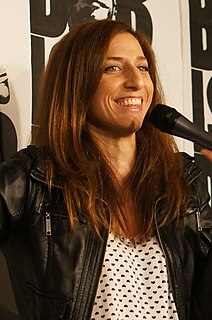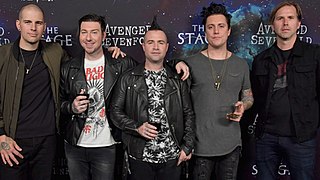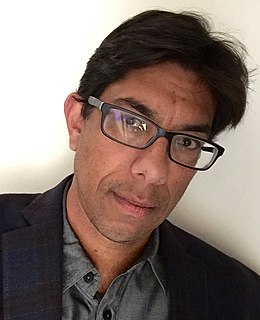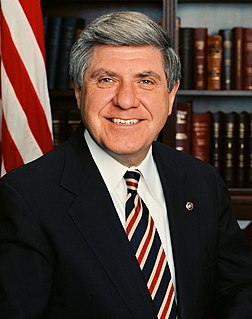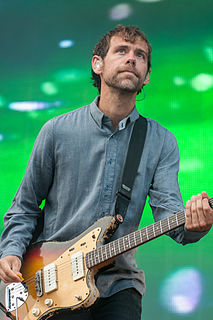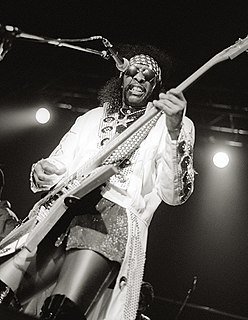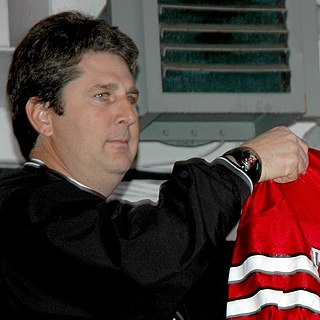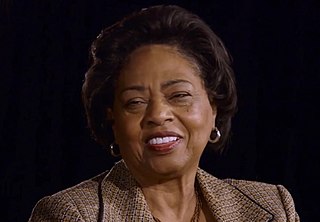A Quote by Chelsea Peretti
I performed after 9/11 for relief workers down by Ground Zero. There were these men just coming back, and they were voraciously hungry. They were heroes, pulling rubble, and I was a new comic trying to go blue just so I could get some laughs.
Related Quotes
They were the triumphant and insolent possessors; they had a hall, and a fire, and food and clothing and money, and so they might preach to hungry men, and the hungry men must be humble and listen. They were trying to save their souls- and who but a fool could fail to see that all that was the matter with their souls was that they had not managed to get a decent existence for their bodies?
If I'm not mistaken, that relationship [of Barack Obama] with Mr.[Bill] Ayers on this board continued after 9/11 and after his reported comments, which were deeply hurtful to people in New York and, I would hope, to every American, because they were published on 9/11, and he said that he was just sorry they hadn't done more.
9/11 just seemed to come out of the blue. And there were people asking questions, but then there were no answers. At some point, it just turned into, "We've got to do what we've got to do." And I think those are the moments when you grow, when you get the opportunity to try to figure out, exactly as you said, what price are you paying, and if it's worth that price.
Back in 1982, when there were still only a manageable number of 'X-Men' titles on the racks (by which I mean just one), Marvel quite reasonably figured the world could stand another team of beleaguered mutant superheroes. And so were born 'The New Mutants,' junior X-Men whose powers had just begun to manifest at the onset of puberty.
The heroes who emerged first from the rubble of the September 11 attacks were not politicians or generals and they didnt become household names in the months that followed. They were, instead, public servants who continued to work day in and day out to protect our communities and ensure hometown security.
In fact, after Donald Trump won, some of the relief of finishing record was to turn off all the politics for a while. There were some songs that had more of the political stuff that we just decided to wait on and put aside. A few weeks after the election, I stopped watching cable news and just unplugged. My way of dealing with the new situation we're in was to just work on something that I care about.
What passes for identity in America is a series of myths about one's heroic ancestors. It's astounding to me, for example, that so many people really appear to believe that the country was founded by a band of heroes who wanted to be free. That happens not to be true. What happened was that some people left Europe because they couldn't stay there any longer and had to go somewhere else to make it. That's all. They were hungry, they were poor, they were convicts. Those who were making it in England, for example, did not get on the Mayflower. That's how the country was settled.
Heroes didn't leap tall buildings or stop bullets with an outstretched hand; they didn't wear boots and capes. They bled, and they bruised, and their superpowers were as simple as listening, or loving. Heroes were ordinary people who knew that even if their own lives were impossibly knotted, they could untangle someone else's. And maybe that one act could lead someone to rescue you right back.
When the Egyptians were building the pyramids or the Romans were building roads, or you had the westward push with the railroads, I don't think that the guys on the ground were spending a lot of time thinking, 'Hey, hundreds or thousands of years from now they will look back at the brick I have just laid down here and say that I changed the world!'
The Beatles realized that what they were making in the studio could never be performed. And they had already given up on performing because there were too many screaming fans and they were playing in larger and larger venues so they couldn't even hear what they were playing, it just wasn't any fun any more.
